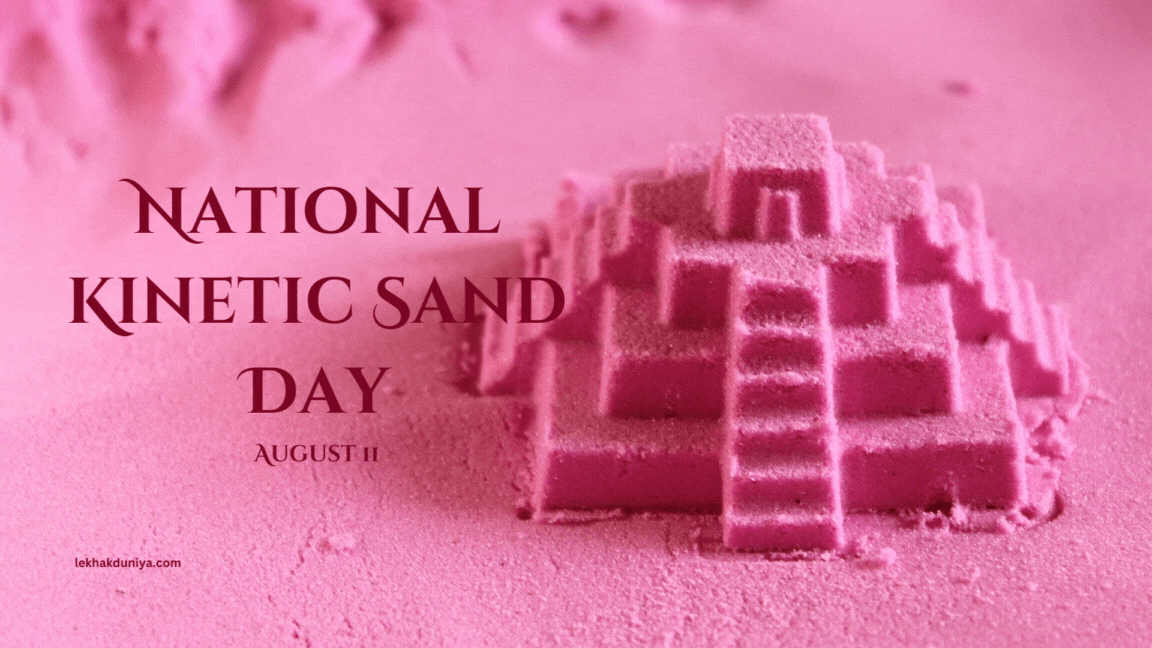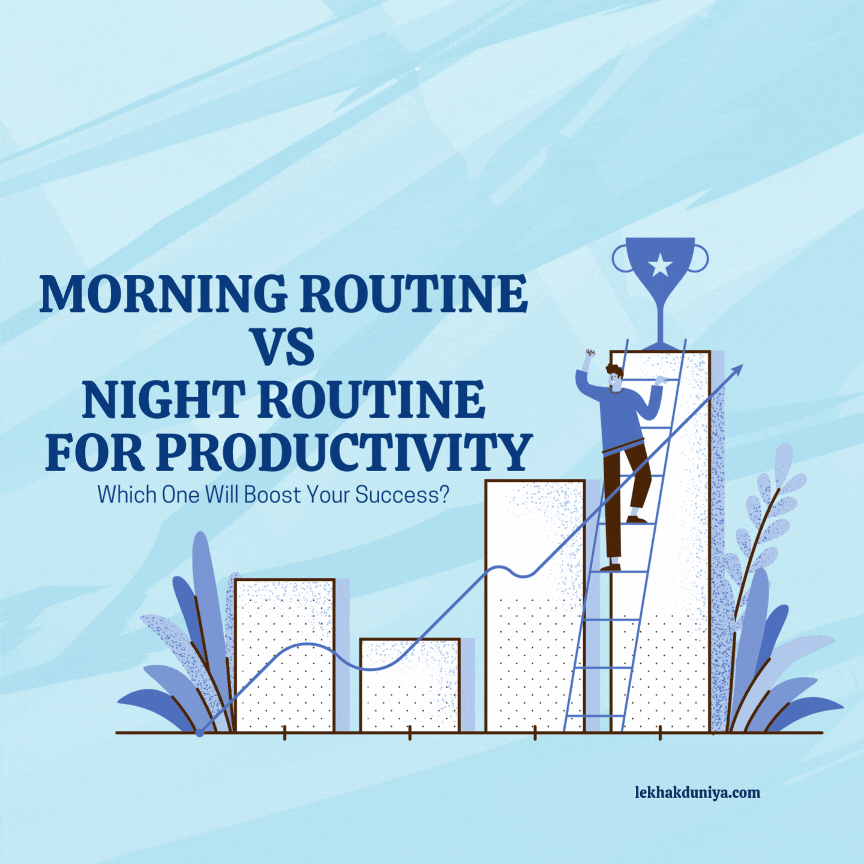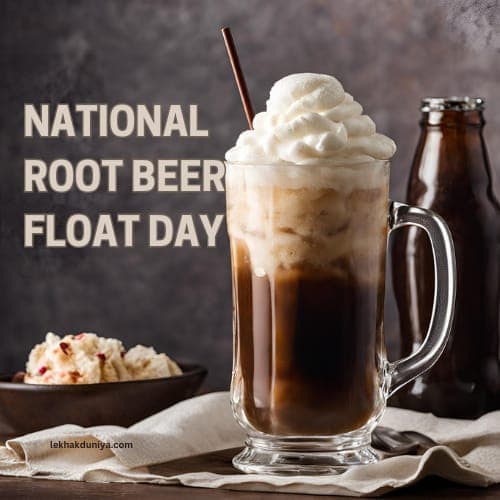Every August 1st, we celebrate World Wide Web Day, honoring the invention that has revolutionized our world. The World Wide Web Day, often just called “the Web,” is more than a collection of web pages—it’s a transformative platform reshaping communication, education, commerce, and entertainment.
Join us as we explore the Web’s origins, its impact on modern life, and what the future holds on this World Wide Web Day.

The Origins of the World Wide Web
The World Wide Web, a groundbreaking innovation, was created by British computer scientist Sir Tim Berners-Lee in 1989. Working at CERN, Berners-Lee envisioned a system where information could be linked and accessed via hypertext. This groundbreaking idea led to the creation of the first web browser and web server, making the Web accessible to users worldwide.
Key Milestones:
- 1990: Tim Berners-Lee drafts the proposal for the World Wide Web, aiming to create a seamless system for sharing and linking information.
- 1991: The first website, developed by Berners-Lee, goes live. Hosted at CERN, it served as a demonstration of the Web’s potential.
- 1993: The release of Mosaic, the pioneering graphical web browser, marks a major milestone by making the Web visually accessible to a wider audience.
- 1994: The World Wide Web Consortium (W3C) was established to standardize web technologies and ensure the Web’s continued growth.
- 2004: The emergence of ‘Web 2.0’ brought a new era of interactivity, enabling social networking and user-generated content, which significantly altered how we engage with the Web.
The creation of the World Wide Web marked the beginning of a new digital era, opening up endless possibilities for connectivity and information sharing.
The Impact of the World Wide Web Day on Our Daily Lives
- Communication: The Web has revolutionized communication, making it instant and global. Platforms like Facebook, Twitter, and Instagram allow us to connect with friends and family worldwide, sharing updates, photos, and messages in real time.
- Education: The Web has democratized education, making resources available to anyone with an internet connection. Online platforms such as Coursera, Khan Academy, and edX offer courses from top institutions, enabling learning from anywhere. The Web supports diverse learning methods, including interactive tutorials and video lectures.
- Commerce: E-commerce has transformed retail by providing a 24/7 shopping experience. Websites like Amazon, eBay, and Alibaba offer global marketplaces with competitive prices. The Web has also enabled new business models, like subscription services and digital marketplaces.
- Entertainment: The Web has changed how we consume and create entertainment. Streaming services like Netflix and Spotify offer on-demand access to movies, TV shows, and music. Platforms like YouTube allow user-generated content, while online gaming and virtual reality provide immersive experiences.
The World Wide Web Today
- Current Usage: As of 2024, over 5 billion people use the Internet, with the Web being integral to daily life. Technological advancements continue to shape how we interact with digital content.
- Digital Transformation: The Web drives innovation across industries. Businesses use web technologies to streamline operations, enhance customer experiences, and explore new opportunities. Cloud computing, big data, artificial intelligence, and machine learning are reshaping the digital landscape.
- Social Impact: The Web has had a profound social impact, connecting people and fostering global awareness. Social media platforms have played a crucial role in social movements, raising awareness about important issues, and promoting activism.
Challenges and Opportunities
Challenges:
- Cybersecurity: The growth of the Web has increased cybersecurity threats like hacking and data breaches. Strong security measures are essential to protect personal information.
- Digital Divide: Despite widespread internet access many lack reliable connections and digital literacy. Bridging this gap is vital for equitable access.
- Misinformation: The spread of fake news and misinformation online challenges informed decision-making. Combating misinformation requires critical thinking.
- Privacy Concerns: The collection of personal data raises privacy issues. Ensuring transparency in data practices is crucial for maintaining trust.
Opportunities:
- Advancements in AI: Artificial intelligence enhances personalization and innovation on the Web. AI-driven technologies are transforming interactions with digital content.
- Internet of Things (IoT): The IoT connects everyday devices to the Internet, creating smart environments and improving efficiency. Smart homes and cities exemplify the IoT’s potential.
- Global Connectivity: Efforts to expand internet access to underserved areas are underway, aiming to bridge the digital divide. Initiatives like satellite internet and community networks are enhancing global connectivity.
Fun Facts About the World Wide Web Day

- Did you know? The first website, created by Tim Berners-Lee, is still alive and serves as a historical artifact.
- Did you know? The term “surfing the Internet” was coined by Jean Armour Polly in 1992, likening it to riding waves.
- Did you know? The first webcam was set up at the University of Cambridge in 1993 to monitor a coffee pot, preventing unnecessary trips.
- Did you know? The World Wide Web and the Internet are not the same; the Internet is the infrastructure, while the Web is a system of information accessed through it.
Celebrating World Wide Web Day
Personal Reflection: The World Wide Web has profoundly impacted our lives, reshaping how we work, connect, and learn. Reflect on how the Web has influenced your life and consider sharing your experiences.
Ways to Celebrate:
- Explore Web Development: Take an online course or try coding tutorials to understand how websites are built. It’s a rewarding experience.
- Support Digital Literacy: Contribute to organizations that promote digital literacy and provide internet access to underserved communities.
- Reflect on Your Online Journey: Write a blog post or share on social media about your experiences with the Web and its impact on your life.
World Wide Web Day is a time to celebrate the invention that has connected us all and transformed our world. As we commemorate this day, let’s appreciate the Web’s impact on communication, education, commerce, and entertainment. Recognize the challenges it presents and look forward to future innovations. #World Wide Web Day
Reflect on how the World Wide Web has shaped your life and share your story in the comment. Join the celebration of World Wide Web Day by diving into the Web’s journey from inception to its current innovations. Engage with us in the comments or on social media, and let’s discuss how we can all play a part in the Web’s ongoing evolution.







